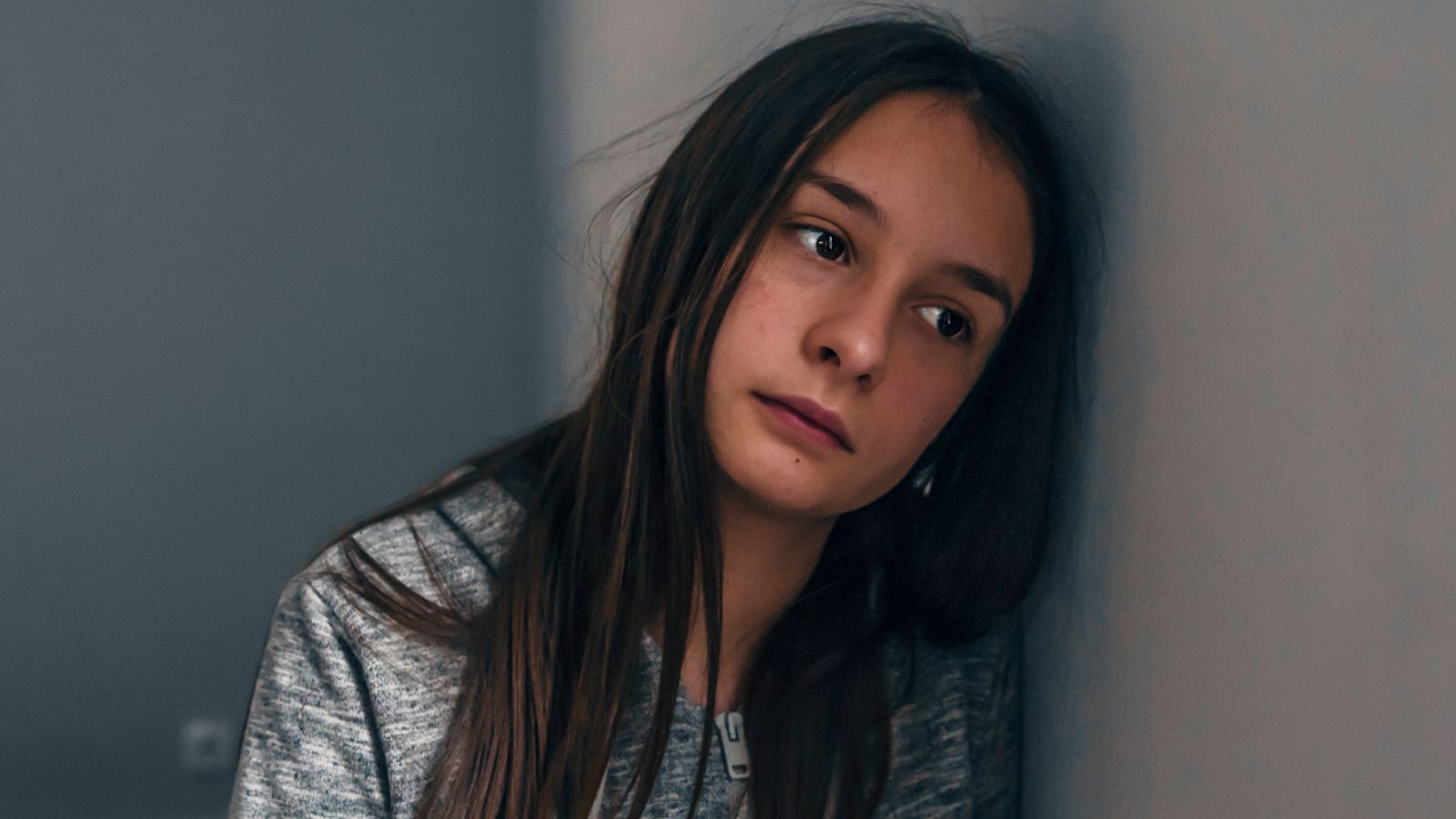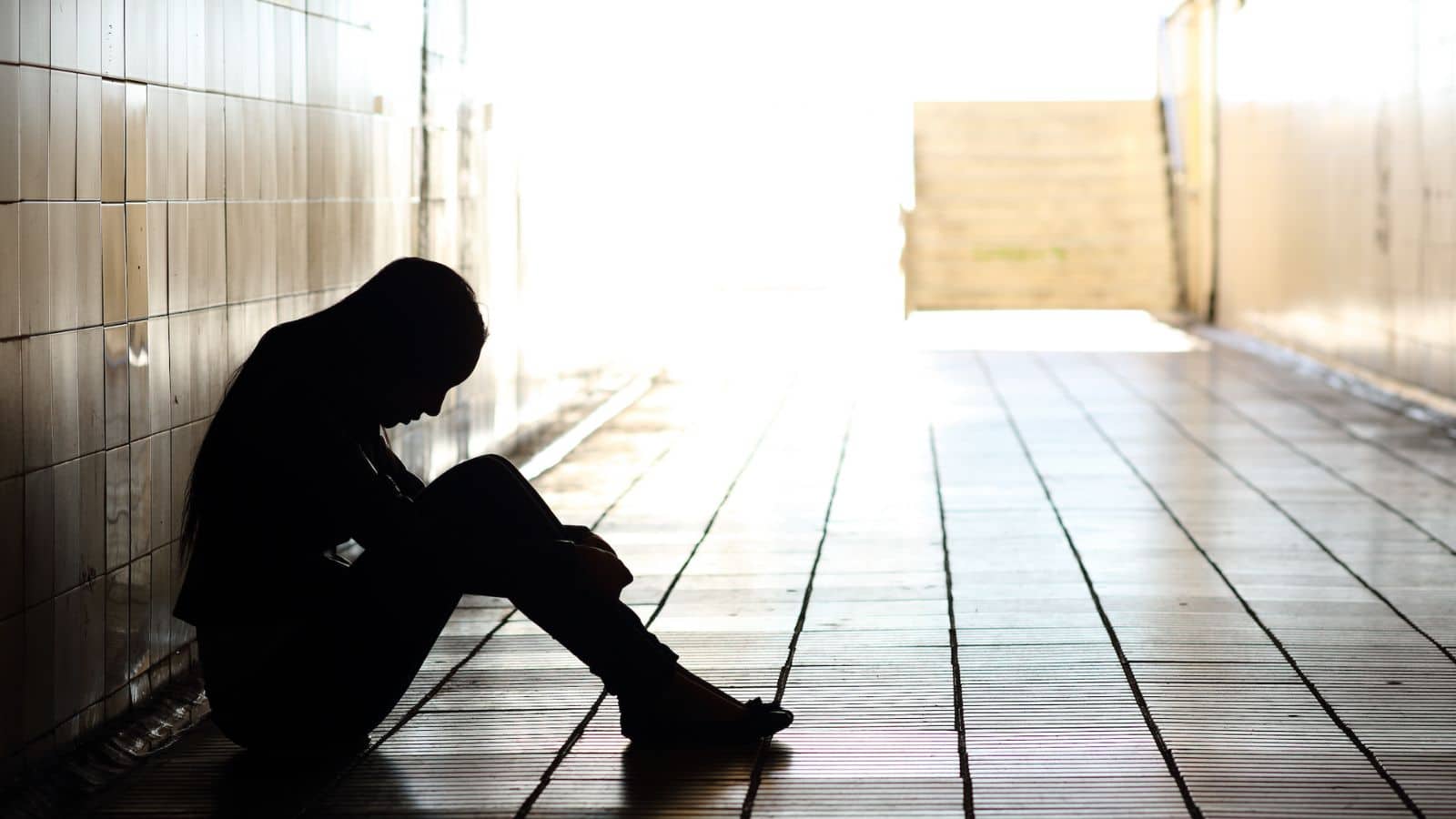Most parents try to give their children equal amounts of attention to avoid favoritism, but sadly, many fail to do so. This leads many children to grow up feeling neglected in comparison to their other siblings, which, naturally, leads to all sorts of negative experiences. To illustrate, here are 17 signs that show you were the “forgotten” child.
Feeling Invisible During Family Gatherings

If you’re the forgotten child, Louise Behiel points out that you likely felt invisible during family events and gatherings, highlighting the lack of attention directed your way. Conversations flow around you, yet your voice rarely seems to matter. Even when you do speak up, your thoughts are likely disregarded or overshadowed by more dominant family members, particularly your siblings.
Achievements Were Rarely Celebrated

Successes, big or small, probably didn’t seem to hold much weight in your household if you felt forgotten. While siblings’ accomplishments were met with fanfare, your milestones were often ignored or barely acknowledged. This pattern made you question the value of your achievements and strive less for recognition. Growing up, hopefully, you have become proud of your achievements without validation from your parents.
Avoiding Conflict to Stay Out of the Way

Children who don’t receive enough parents from their children often find themselves staying quiet to avoid conflict or tension in the family. By keeping their opinions and feelings to themselves, they aim to stay out of the spotlight and avoid drawing any negative attention. Unfortunately, this avoidance becomes a problematic coping mechanism that continues long into adulthood.
Taking on a Caretaker Role Early

With little guidance or recognition from your parents as a child, you probably had to learn to take care of yourself and sometimes even your siblings, a process known as parentification. This absence of attention forced you into a caretaker role, often handling responsibilities far beyond your years. It was a position you accepted without choice, and looking back, you realize that it wasn’t normal.
Struggling to Find Your Own Identity

Without much parental involvement in your youth, your sense of self might now feel underdeveloped. You might find yourself mimicking others, unsure of who you really are. This lack of a solid identity leads to confusion and a tendency to blend into the background, but we encourage you to never stop trying to find yourself.
Preferring Solitude Over Social Interaction

It’s very common for forgotten children to grow up spending a lot of time alone, as social situations amongst their family feel overwhelming or unfulfilling. Without the validation or attention they craved from their family, solitude provided a space where they didn’t have to compete for attention or validation, and it’s a habit they likely never let go of.
Being Overlooked in Conversations

Another sign that you were the forgotten child is if, during discussions, your opinions were often the last to be considered, if they were acknowledged at all. Family members frequently spoke over you or dismissed your input, and this lack of acknowledgment made you hesitant to share your thoughts in future conversations. Sadly, this might have rubbed off into your social life outside of family.
Feeling More Like a Background Character

Within family dynamics, you might feel like an “extra” rather than a central figure. As a child, your role was more about filling in the gaps than being a key player in the family narrative. This sidelined position left you feeling insignificant and overlooked, something that never really left you.
Rarely Being Asked About Your Day

While siblings might have been bombarded with questions about their lives, as the forgotten child, your experiences were rarely inquired about. It seemed like your daily life wasn’t important enough to discuss, reinforcing the feeling that your presence was often forgotten.
Shouldering Emotional Burdens Alone

When problems arose as a child, you likely dealt with them on your own if your parents were too focused on your siblings. Without the emotional support that they received, you became your own counselor, a form of self-reliance that developed out of necessity. In adulthood, we’d recommend seeking therapy to discuss this, even if you feel like you’ve let it all go.
Minimal Attention to Your Interests

Perhaps unsurprisingly, if you were the forgotten child in your family, your hobbies and interests were rarely noticed or encouraged by family members. Unlike your siblings, whose interests were often nurtured, you had to pursue your passions independently, without much support or enthusiasm from those around you.
Feeling Unnoticed During Milestones

Significant life events, like birthdays or graduations, often pass by forgotten children with little acknowledgment, which is tragic. While other siblings are celebrated, the milestones of forgotten children slip by without much recognition, making these important moments feel hollow and unimportant.
Limited Photographic Evidence of Your Childhood

Looking back at family photos, you might notice a scarcity of pictures featuring you – this is a classic sign that you were the forgotten child of your family. While your siblings have albums full of memories, your presence in the visual history of the family is minimal. Such a lack of documentation further cements the feeling of being overlooked.
Developing a Strong Sense of Independence

If you didn’t receive much support from your family, you probably learned to rely on yourself from a young age. This independence became a defining characteristic, as you realized early on that you couldn’t count on others to look out for your needs or interests. Thankfully, this can be a strength as you grow older, although only in moderation.
Frequently Overlooked in Family Decisions

When important family decisions were made, your input was unlikely to be sought out as an overlooked child. Whether it was choosing a vacation spot or making plans for the holidays, your opinions were often left out of the conversation, leaving you feeling disconnected from the family unit. Frankly, you might not have been invited to such trips in the first place.
Feeling Like an Outsider in Your Own Home

Every child should feel comfortable in their own home, yet for forgotten children, their childhood home usually feels like a space where they just don’t belong. The lack of attention and involvement makes them feel more like a guest than a full-fledged member of the household, and this will usually continue to be the case when visiting family in later life.
Seeking Validation from External Sources

Finally, with little recognition at home, forgotten children tend to seek validation elsewhere, usually from friends, teachers, or through academic and extracurricular achievements. This external validation becomes crucial in helping them feel seen and valued in ways that their family didn’t provide. While it can work to their advantage, in general, seeking external validation in excess isn’t healthy.

